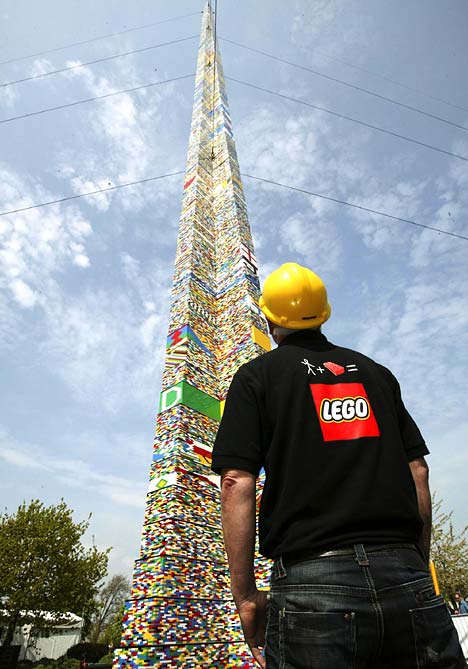A couple of amusing articles by way of Marginal Revolution and the Freakonomics Blog. The first article from the Wall Street Journal details some of the quirky habits of famous economists. We learn for example that Milton Friedman routinely returned the telephone calls of reporters collect and that a dinner served by John Maynard Keynes skimped on the food so much that Virginia Woolf complained about him serving only three grouse for eleven people. John Siegfried, the secretary-treasurer of the American Economic Association, never cares about the the color of the cars he buys and simply asks for whichever color is cheapest, while Robert Gordon of Northwestern University will drive an extra half-hour to get to a cheaper grocery store.
Economists are also less likely to donate to charity. Research by Yoram Bauman and Elaina Rose of the University of Washington showed that economics majors were less likely to donate any money than graduates from other majors. Even students who didn’t major in economics gave less to charity after taking introductory economics classes. The rationale is that economists are more aware of economic efficiency and find many types of economic decisions made by other people wasteful. This of course extends to gambling as well and the article claims that casinos make very little money from economists.
The second article appeared in Slate and covers a paper by two sociologists Diego Gambetta and Steffen Hertog who after studying 400 radical Islamic terrorists from more than 30 countries, noticed that engineers were three to four times more likely to be violent terrorists than their peers who studied finance, medicine or the other sciences. The next most radicalizing specialization was Islamic Studies but it came a distant second. The same trend also appears to be true anecdotally. 8 of the 25 hijackers involved in the 9/11 attacks were engineers and two out of the three founders of the violent Lashkar-e-Taibi group believed to be behind the attacks on Mumbai were engineering professors.
The articles cites a couple of reasons why this trend exists. One is that engineering is a popular subject of higher education in developing countries and many of the graduates who picked engineering expected it to be a pathway to high-status employment. Thus, they have been frustrated by the corruption and repression in many Middle-Eastern countries which stymied the modernization that they expected and led to joblessness among highly educated jobseekers.
Another reason might be that engineers have a tendency to be more conservative and religious, while possessing a mindset that seeks greater order and stability in society and disdaining ambiguity and compromise. They may believe that only a rigid adherence to religious laws can bring about the orderly society that they crave. In any case, intelligence agencies have already noticed that terrorist groups are aware of this and spend extra time and effort to gather recruits from engineering schools, especially since they possess valuable technical skills that can make them better terrorists.
